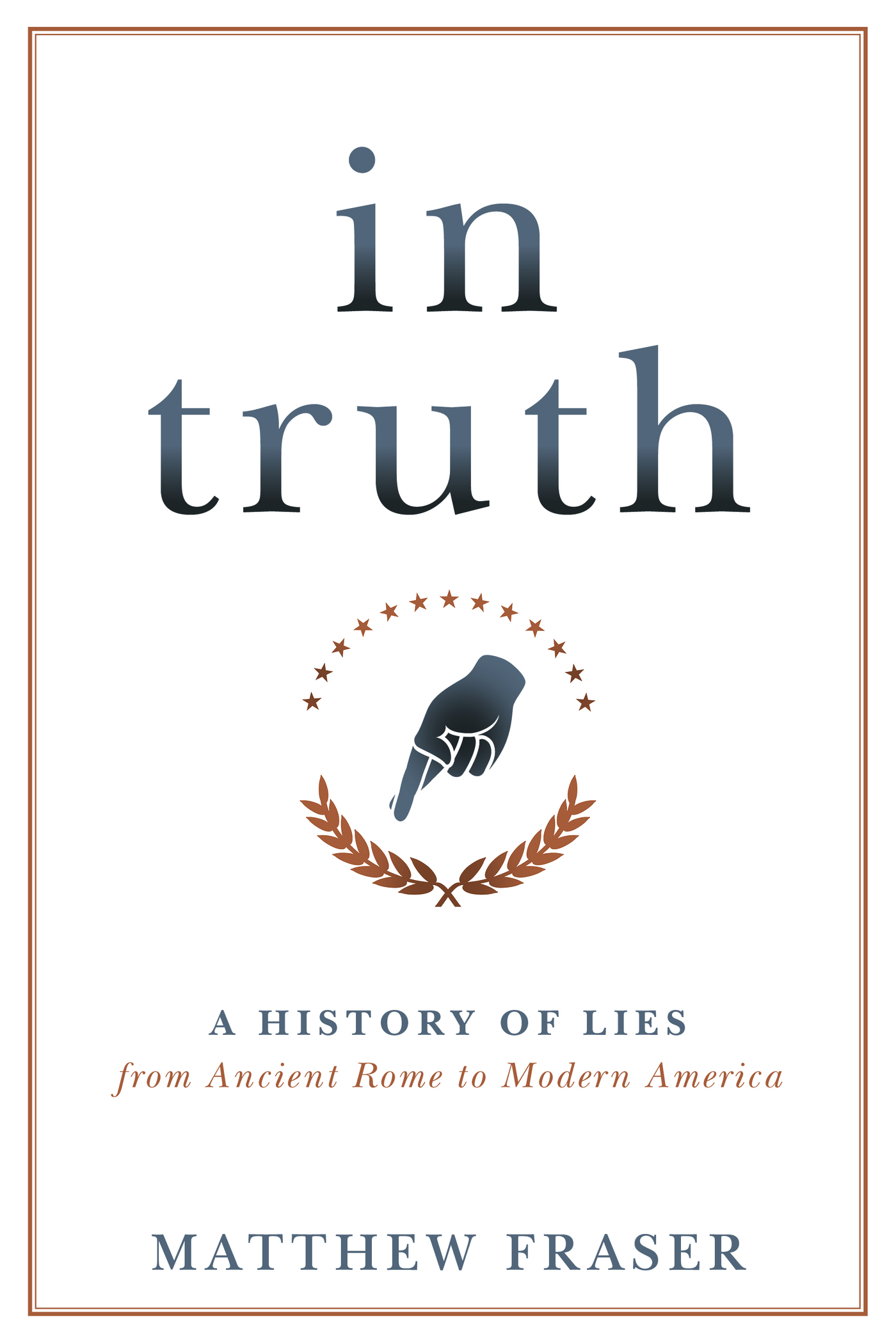A History of Lies from Ancient Rome to Modern America
Matthew Fraser


An imprint of The Rowman & Littlefield Publishing Group, Inc.
4501 Forbes Boulevard, Suite 200
Lanham, Maryland 20706
www.rowman.com
Distributed by NATIONAL BOOK NETWORK
Copyright 2020 by Matthew Fraser
All rights reserved. No part of this book may be reproduced in any form or by any electronic or mechanical means, including information storage and retrieval systems, without written permission from the publisher, except by a reviewer who may quote passages in a review.
British Library Cataloguing in Publication Information Available
Library of Congress Cataloging-in-Publication Data
Names: Fraser, Matthew, 1958 author.
Title: In truth : a history of lies from Ancient Rome to modern America / Matthew Fraser.
Other titles: History of lies from Ancient Rome to modern America
Description: Guilford, Connecticut : Prometheus Books, [2020] | Includes bibliographical references and index. | Summary: From the ancient Greeks and Romans to the modern era, how have people determined what is true? How have those with power and influence sought to control the narrative? Are we living in a post-truth era, or is that notion simply the latest attempt to control the narrative? The relationship between truth and power is the key theme. Moving through major historical periods, the author focuses on notable people and events, from well-known leaders like Julius Caesar and Adolf Hitler to lesser-known individuals like Procopius and Savonarola.... The author concludes optimistically, noting that we are debating and discussing truth more fiercely today than in any previous era.... Provided by publisher.
Identifiers: LCCN 2019054811 (print) | LCCN 2019054812 (ebook) | ISBN 9781633886247 (cloth) | ISBN 9781633886254 (epub)
Subjects: LCSH: HistoryErrors, inventions, etc. | Truthfulness and falsehoodPolitical aspects. | Truthfulness and falsehoodHistory. | JournalismPolitical aspectsHistory. | Press and politicsHistory. | Political leadershipHistory.
Classification: LCC D10 .F815 2020 (print) | LCC D10 (ebook) | DDC 904dc23
LC record available at https://lccn.loc.gov/2019054811
LC ebook record available at https://lccn.loc.gov/2019054812
 TM The paper used in this publication meets the minimum requirements of American National Standard for Information Sciences Permanence of Paper for Printed Library Materials, ANSI/NISO Z39.48-1992.
TM The paper used in this publication meets the minimum requirements of American National Standard for Information Sciences Permanence of Paper for Printed Library Materials, ANSI/NISO Z39.48-1992.
For Oscar, Leo, Hugo, and Hector
Acknowledgments
My inspiration for writing this book was unexpected, accidental, serendipitous.
In early 2017, I was working on a novel, a psychological thriller about a British university professor in Paris who finds himself accused of the murder of one of his female graduate students. Id been working on this novel for two years and was getting close to a final draft. One day at the American University of Paris, where Im on faculty, a female student in my graduate seminar, Nicole Hanley, approached me with a request. She wanted to know if I would consider taking her on as a research assistant. She mentioned that other MA students at the university were working as research assistants, paid a stipend, to assist professors working on scholarly books.
A little embarrassed, I replied that I wasnt working on a scholarly book at the momentin fact, I added, I was writing a novel. Needless to say, I carefully avoided the subject of the novels plot.
I could see a vague trace of disappointment in Nicoles eyes and felt badly about letting her down. That sensation of guilt got me thinking about a possible work of scholarly nonfiction on which I could embark to justify a stipend paid to Nicole Hanley as my research assistant.
It occurred to me fairly quickly that there was indeed a book idea on which I had been ruminating for several months. Donald Trump had just been elected, and there was a great deal of talk of post truth in the media. I had been lecturing on the history of propaganda for several years, notably in a course called Media and War and, more recently, in preparing a new course titled From Gutenberg to Google. With Trump in the White House, I was starting to see patterns and connections between past and present. But I was too busy working on the novel to take the idea forward.
A few days later, I got back to Nicole to say that I might have a book idea after all.
That was how this book was born. In the early stage, Nicole spent many hours in Paris university libraries searching on databases for scholarly papers that corresponded to specific themes and topics I had drawn up on a list. Within a few weeks, I could see the clear outlines of a book. The casualty of this new project was my novel. It was put on hold for the three years on which I focused and worked on this book.
A word on my approach and style in this book. I am a political scientist, which in the academic world assigns my scholarly interests and methodology to a specific discipline. My approach in researching and writing this book, however, was deliberately expansive and open-ended, ranging across several fieldshistory, philosophy, sociology, politics, economics, communications, and others. Its an approach I grew to admire many years ago when, as a graduate student in Paris, I first encountered the seminal works of the German-born economist Albert O. Hirschman, notably Exit, Voice, Loyalty and The Passions and the Interests. What fascinated me in Hirschmans books, now recognized as classics, was how he made unexpected and insightful connections between ideas and their far-researching consequences, often unintended. I took a similar multidisciplinary approach in writing this book, which is expansive in scope and multi-layered in ideas, themes, and arguments. I should also insist here that this book was not written for specialists. While I endeavored to conduct the research with scholarly rigor, the book is aimed at a wide audience of educated readers.
My gratitude to Nicole Hanley for prodding me to come up with a book idea so she could secure a stipend as my research assistant. I wish also to thank my old friend Adam Ostry for going through early chapter drafts and offering helpful feedback and advice. Many thanks to my agent, Amanda Jain at Bookends Literary Agency, who placed the book with Jake Bonar at Prometheus Books. I am grateful to Jake and his colleagues at Prometheuss parent company, Rowman & Littlefield, for their professionalism and efficiency throughout the design, editing, and proofreading.
Now that this book is in the hands of readers, I can return to my novel about a gruesome murder in Paris.
Introduction
At the end of August in 1835, the New York Sun published a story that stunned the world.
The newspaper revealed that the eminent British astronomer Sir John Herschel had just discovered life on the moon. Herschels powerful telescope had observed with astonishing clarity a lunar landscape teeming with animal lifeherds of bison-like beasts, single-horned goats, two-legged beavers, and even more extraordinary, humanoid creatures that resembled large bats about four feet tall.

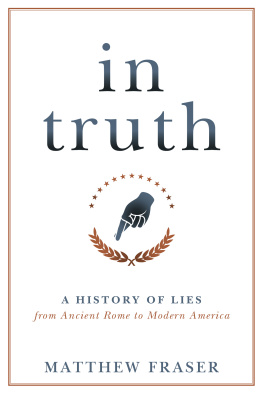

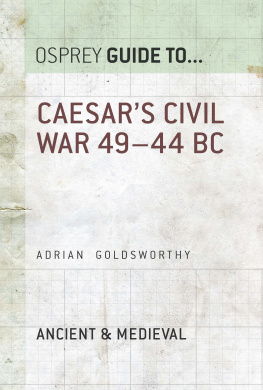
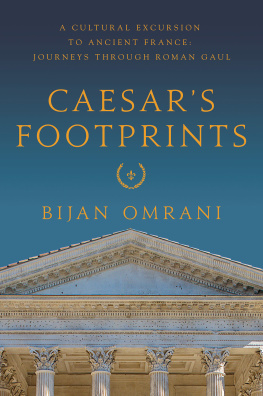
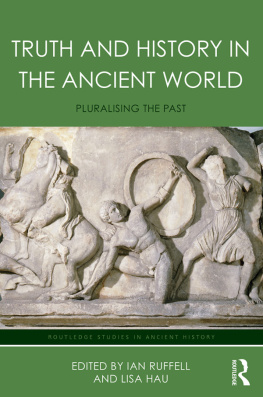
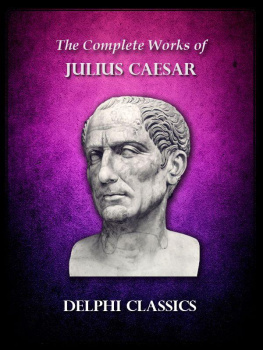
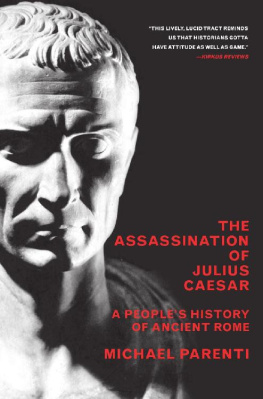
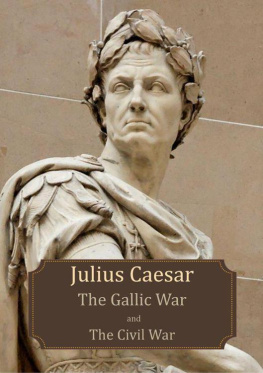
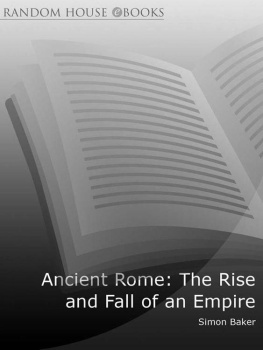
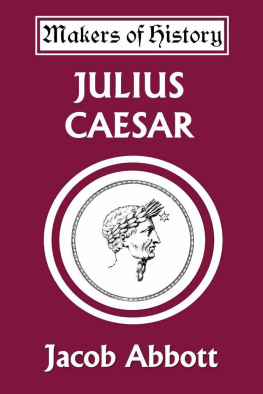


 TM The paper used in this publication meets the minimum requirements of American National Standard for Information Sciences Permanence of Paper for Printed Library Materials, ANSI/NISO Z39.48-1992.
TM The paper used in this publication meets the minimum requirements of American National Standard for Information Sciences Permanence of Paper for Printed Library Materials, ANSI/NISO Z39.48-1992.